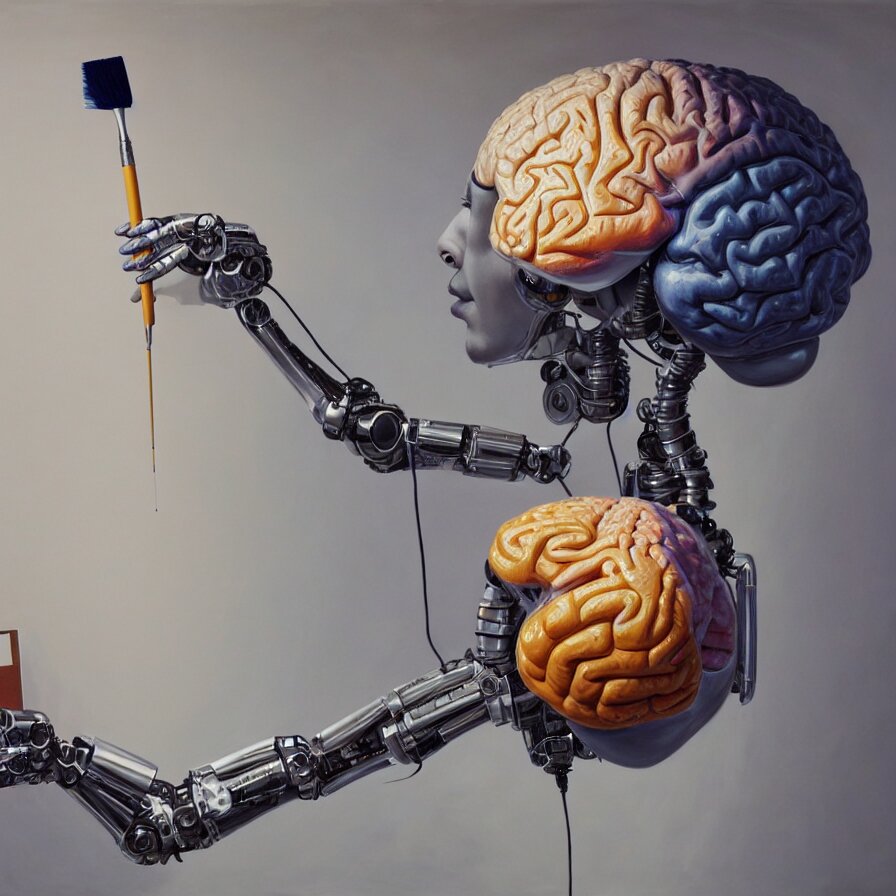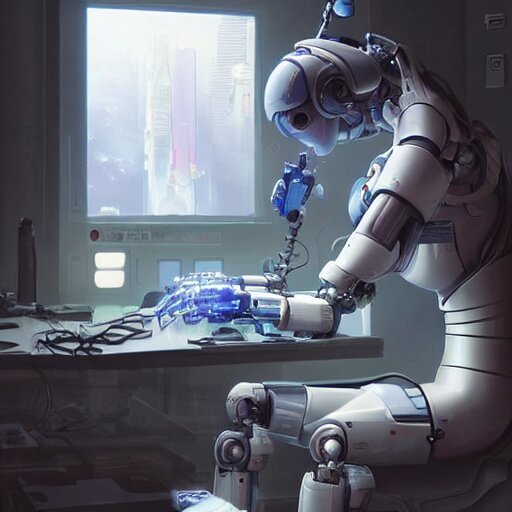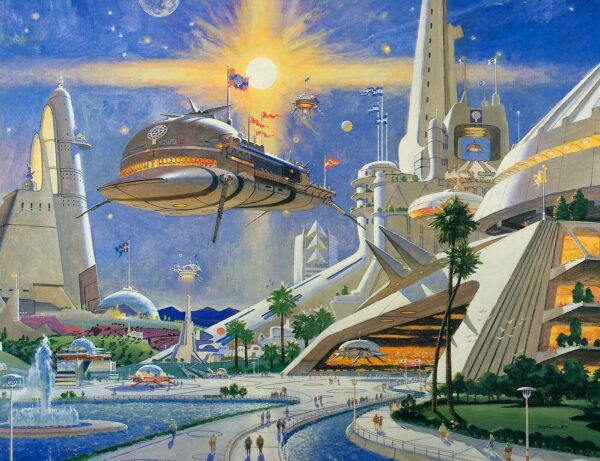(very speculative - I might be wrong)
It looks like we might be up for another paradigm shift in how scientific revolutions are made - look how I deliberately haven't used the phrase how we make scientific revolutions.
But let's start with the basics, with the two main recipes to make a new scientific revolution:
- Have an awesome idea, come up with a new concept: these are concept-driven, Kuhnian revolutions. These are quite rare - your chances are one in a few billion (Copernicus, Newton, Darwin, Maxwell, Einstein, fathers of quantum mechanics)
- Build a new tool and make new observations which can be explained later: call these Dysonian or Galisonian
By definition, I don't view metascience, i.e., organizational changes in how science is done as a paradigm in itself: this movement simply facilitates the other two modes.
Anyway, during the summer, I read about how an AI model has discovered alternative physics variables for a double pendula system.
A fragment:
In the experiments, the number of variables remained unchanged, but the specific variables varied each time the AI restarted. This indicates there are alternative ways to describe the systems – and by extension the universe – and it’s possible that our choices aren’t perfect.
It is not my area of expertise and maybe it is a bug, but it doesn't stop me philosophizing: it looks like the machines are meeting the Universe and its physical laws on its own terms.
If so, it appears that we are up for a new revolution in how scientific breakthroughs are done: this time scientific revolution will be perspective-driven, from a perspective of an alien - and that's on top of accelerated speed of scientific investigation thanks to AIs, done both in a Baconian and Goethean modality.
I summarized this in the table below:
| Name | Underlying cause | Effect |
|---|---|---|
| Kuhnian | concept-driven | humans explaining existing phenomena in a new, better way |
| Dysonian/Galisonian | tool-driven | humans "seeing" new phenomena thanks to new tools |
| Machinian | perspective-driven | non-human agents experiencing, understanding and explaining the Universe from their own perspective, much faster |
From the point of view of a future historian of the Universe writing about current events, the Universe continues explaining itself, this time for the first time from a different, non-human perspective. That's good, we have a lot of cognitive biases and machines will have their own, different ones.
Now the tools themselves have become intelligent.
The empires of the future are the empires of the mind.
— Winston Churchill


